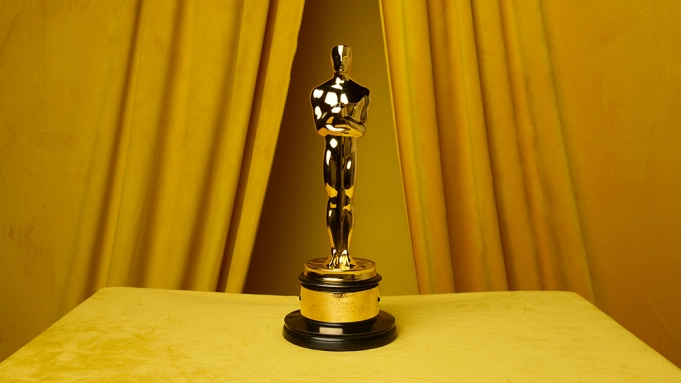Politics and the Demise of the Oscars
The Oscars have become increasingly politicized over the years.
March 22, 2023
Fewer and fewer people watch the Oscars every year, and for good reason. In the year 2000, 46 million viewers tuned into the program. In 2023, just 18 million did.
It would be easy to attribute the Oscars’ decline in popularity to other competing forms of entertainment, such as YouTube and TikTok. But, the fact is, all TV programs have experienced this same competition from other media sources.
The rise in viewership of the Super Bowl, for example, has been steady for decades. In the early 2000’s, roughly half as many people watched the Oscars as they did the Super Bowl (45M compared to 90M). In 2023, the Oscars received just 16% of the Super Bowl’s viewership (18M as opposed to 113M).
Clearly, the Oscars have a viewership problem, a problem that corresponds with the increasing politicization of the program. In the past decade, the Oscars have been politicized, where celebrities and movie stars suddenly feel open, if not compelled, to voice their political opinions in their acceptance speeches.
It is no secret that Hollywood today is very liberal and plays a role in the spread of progressive ideology into the public sphere. So, when Hollywood’s stars assemble, a utopia for the liberally-minded takes place. Perhaps the most jarring example of the politicization of the Oscars came in 2019.
“The 2020 presidential election is right around the corner… let’s all be on the right side of history,” Spike Lee said during his acceptance speech.
Despite him not explicitly stating his opinion, the unspoken understanding this comment generates demonstrates just how accustomed we have become to the presence of left-wing politics in Hollywood. Perhaps not everyone agrees on what “the right side of history” means. In other words, it is rude to assume that everyone shares the same “side” or political beliefs.
Lately, award winners seemingly spend the same amount of time on their “thank yous” as they do giving political commentary.
In 2015, director Alejandro Iñárritu discussed Mexican immigration during his speech. A year later, Leonardo DiCaprio spoke on climate change and global warming. In 2017, just a month after the presidential inauguration, host Jimmy Kimmel explicitly called out President Trump several times in his opening address.
In a theater of like-minded people, statements that would be considered controversial in the real world are met with applause. They do not seem to understand that their opinions are just opinions, ones not necessarily representative of the entire public.
Beyond this, when award winners weave social commentary into their speeches it not only comes across as extremely awkward, but also pandering. People should be able to watch the Oscars, or any other award show, without being lectured by celebrities on what they should or should not believe in.
Thankfully, this year’s Oscars took a step back from politics. In the speeches I watched on Twitter, I never heard any America-bashing or calls to take social action. Perhaps celebrities are learning that voicing their politics is not always appreciated by those who watch from home.
Regardless, it was refreshing to listen to speeches that were not overtly political. In future years, I hope to see the trend away from political speeches continue.










